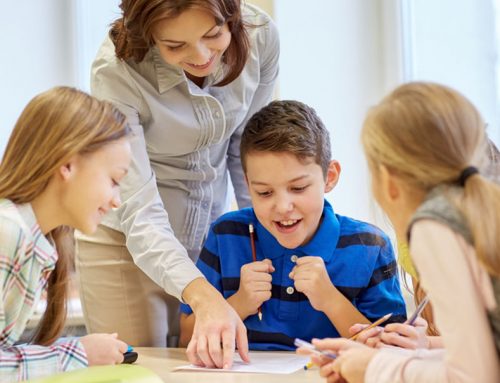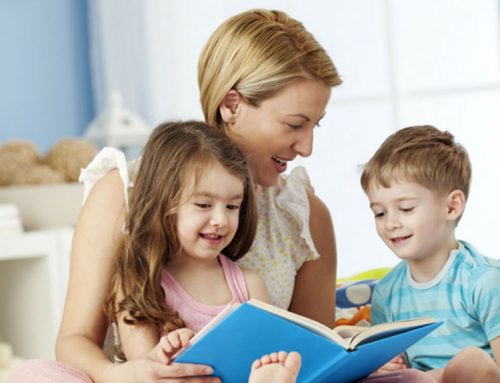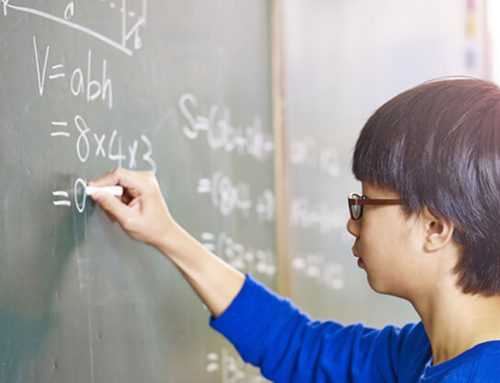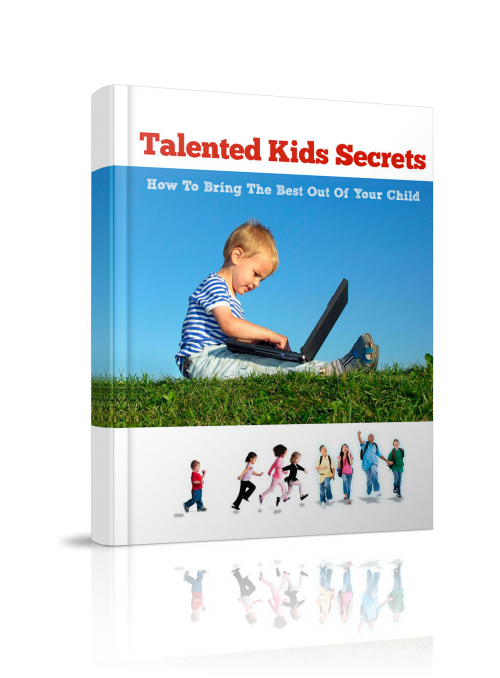
Early Puzzle Play May Sharpen Visual Spatial Skills
University of Chicago
Posted by William Harms-Chicago on February 16, 2012
U.CHICAGO (US) — Children who play with puzzles between ages 2 and 4 demonstrate better spatial skills later, new research shows.
Published in the journal Developmental Science, the study shows that puzzle play is a significant predictor of spatial learning after controlling for differences in parents’ income, education, and the overall amount of parent language input.
In examining video recordings of parents interacting with children during everyday activities at home, researchers found children who play with puzzles between 26 and 46 months of age have better spatial skills when assessed at 54 months of age.
“The children who played with puzzles performed better than those who did not, on tasks that assessed their ability to rotate and translate shapes,” says Susan Levine, professor of psychology at the University of Chicago and a leading expert on mathematics development in young children.
The ability to mentally transform shapes is an important predictor of STEM (Science, Technology, Engineering and Mathematics) course-taking, degrees and careers in older children. Activities such as early puzzle play may lay the groundwork for the development of this ability, according to the study that is the first to look at puzzle play in a naturalistic setting.
For the research, 53 child-parent pairs from diverse socioeconomic backgrounds participated in a longitudinal study, in which researchers video-recorded parent-child interactions for 90-minute sessions that occurred every four months between 26 and 46 months of age.
The parents were asked to interact with their children as they normally would—about half of the children in the study were observed playing with puzzles at least once and higher-income parents tended to engage children with puzzles more frequently.
Both boys and girls who played with puzzles had better spatial skills, but boys played with more complicated puzzles than girls, and the parents of boys provided more spatial language during puzzle play and were more engaged in play than the parents of girls.
Boys also performed better than girls on a mental transformation task given at 54 months of age.
“Further study is needed to determine if the puzzle play and the language children hear about spatial concepts are casually related to the development of spatial skills—and to examine why there is a sex difference in the difficulty of the puzzles played with and in the parents’ interactions with boys and girls.” Levine says.
The above report is taken from http://www.futurity.org/early-puzzle-play-may-sharpen-spatial-skills/.
If you have an older child or teen, you may like to read for more information on Improving Spatial Skills in Children and Teens: Evidence-based activities and tips at http://www.parentingscience.com/spatial-skills.html









